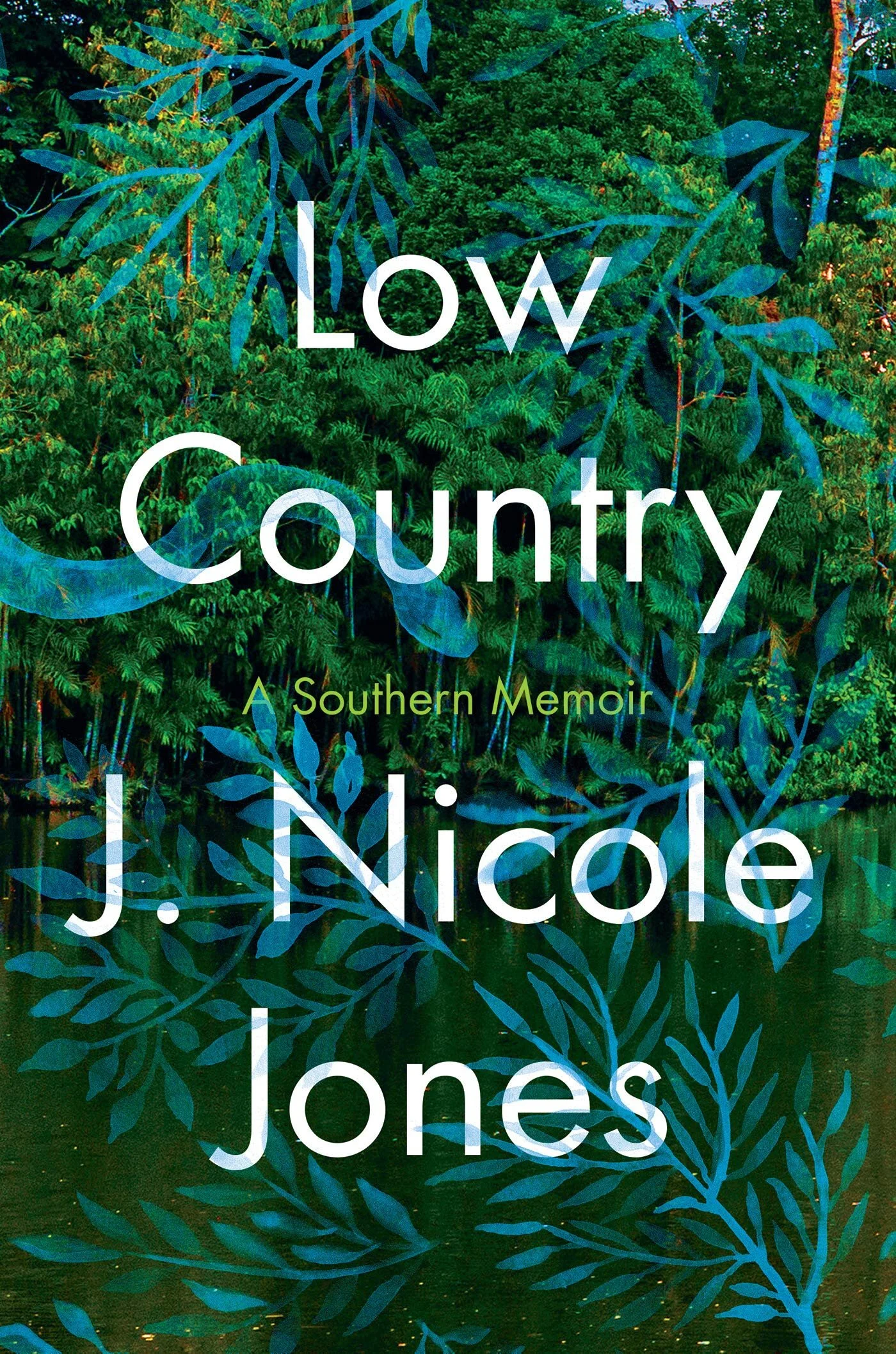Writing a Book Proposal Was the Best Thing I've Ever Done for a Work In Progress. Here's Why
[image description: a cup of coffee, a blue journal, and a pen sitting on the surface of a white picnic table.]
Not gonna lie, until I did it, the idea of writing a book proposal terrified me. It’s basically a document that’s anywhere from half a dozen pages to nearly a hundred pages that tries to convince a publisher your book is worth publishing. No pressure, right?
Since they can range so greatly in length, I didn’t know how long mine should be. And the various book proposal templates online had several different sections, some of which repeated from template to template and some were in some but not others. So although there are abundant resources online, I still felt like I was flying by the seat of my pants much of the time.
I also recognized that for me, flying by the seat of my pants wasn’t the worst thing because I have something that perhaps other writers don’t have: experience book blogging.
It might sound weird, but because I’ve kept this book blog for several years now, it’s allowed me to connect with publishers, book publicists, book PR people, and the like––all people who are primarily concerned with the sale and marketing of books. Working with these people over the years, even in a limited capacity, allowed me to consider what they would want to hear. What do they need to know about a book and its author to get them to a yes?
In the end, my book proposal was 58 pages and was a mix of traditional advice and my flying by the seat of my pants know-how. Here’s how I approached the process…
I’m a believer in the old adage “learn the rules like a pro so you can break them like an artist,” so first things first, I had to learn how to write a traditional book proposal. The most helpful resources I found actually weren’t templates at all––they were Jane Friedman’s and Ted Weinstein Literary Agent’s websites. Admittedly, I didn’t know much about either of them before, but I’ve heard a couple of writers say how helpful Jane Friedman is and she has a ton of info on her website, so I trusted her to know what she’s doing. Ted Weinstein owns his own literary agency, so he’s on the receiving end of book proposals and makes decisions about whether to represent an author or not based on their proposal. So even though he’s perhaps looking for some different things than a publisher, I figured he knew his stuff too. So the first thing I did is devour every resource both of them had on their websites. I took tons of notes and made myself an outline to follow.
Jane said something on her site that shocked me at first, but actually made sense when I thought more about it: Your business case may matter more than the writing.
I want to believe that nothing matters more than the writing because, in a perfect world, that’s how it should be. But we don’t live in a perfect world; we live in a capitalistic hellscape with minimal viable options for opting out, so I thought it best to work with the system. And when I think about all the bad books I’ve seen published, I think Jane is right.
But what does that mean for me? Well, I’m pretty sure I can write well. At least that’s what readers tell me. So I figured that my publisher must have gathered that too. If they didn’t think I could write, they’d have just said no from the outset and not asked to see a full book proposal. So the question wasn’t whether or not I could write, it was whether the book would sell. This realization shaped my entire thought process for the book proposal.
So I started thinking about sales and marketing-specific stuff in terms of market research and non-traditional places where the book could be sold (besides bookstores). I got creative with my list of comp titles (comparative titles that show publishers there’s a market for your book) and listed some that have the format and style I’m going for and others that address similar content. And since I didn’t see any rules that said comp titles had to all be books, I included print magazines and documentaries as well.
And I noticed when I was doing some digging on my comp titles that on the list of info was something called a BISAC code. I did some googling and learned that BISAC stands for Book Industry Standards and Communications and it’s a designation for the genre of a book and indicates where it might be shelved in the bookstore. Since mine is a blended genre book, I thought it’d be helpful if I included that, so I did.
It didn’t explicitly say to do this stuff in the book proposal, but I trusted my intuition and did it anyway.
That’s the thing about writing––whether it’s an essay, short story, poem, book, or book proposal––not everyone is going to like what you produce. So you might as well trust your gut and write something you like and trust that the right folks will like it too. That’s the approach I took and I’m glad I did.
I also realized in writing the book proposal that the proposal wasn’t just for the publisher––it was for me too. I can’t even begin to tell you how much clarity I got from writing the detailed table of contents. Going through every single chapter and considering what I wanted to cover, how it related to the overall thesis of the book, and how it contributed to the narrative flow of the book as a whole was a challenge. But it’s a challenge that I know will save me so much hair-pulling by thinking it through on the front end rather than waiting to figure it out later.
All in all, writing a book proposal is a little intimidating, but it’s sooooo helpful. I’d even recommend it for folks who are self-publishing. By the end, you’ll be glad you did it.






